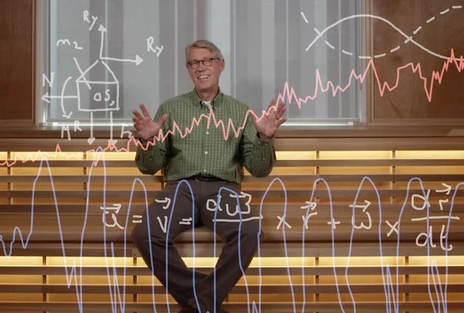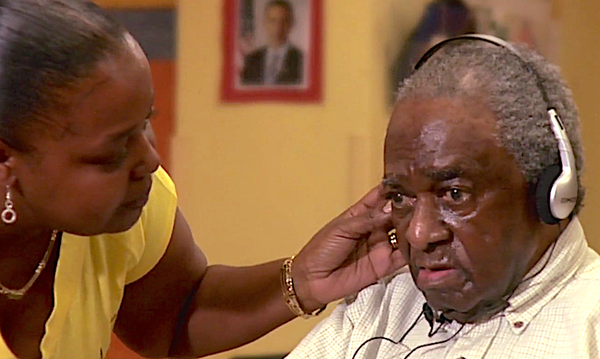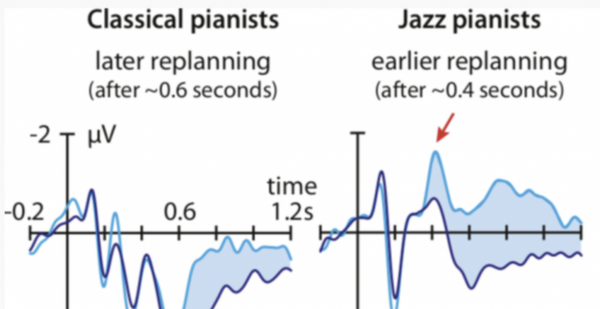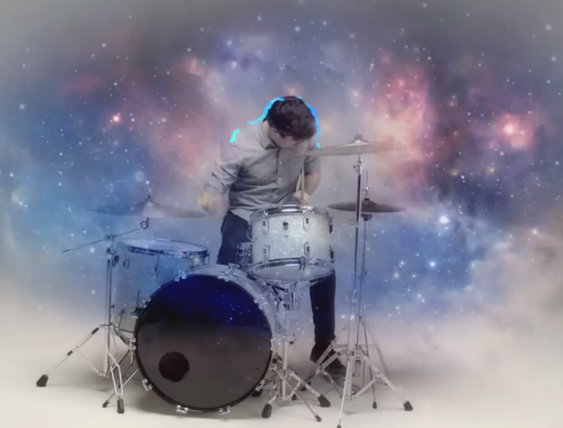
How to Avoid Common Accidents on Electric Scooters
Electric scooters are fast and fun ways to get around, but they can also be dangerous without the right safety precautions. Some of the most common electric scooter accidents result from poor visibility, reckless or inexperienced riding, distracted riding, obstacles in the road, and poor weather conditions. Learn how to prepare for or avoid these conditions to stay safe on the road and keep those around you safe as well.
Before hopping on an electric scooter, it is crucial to be aware of the c...















